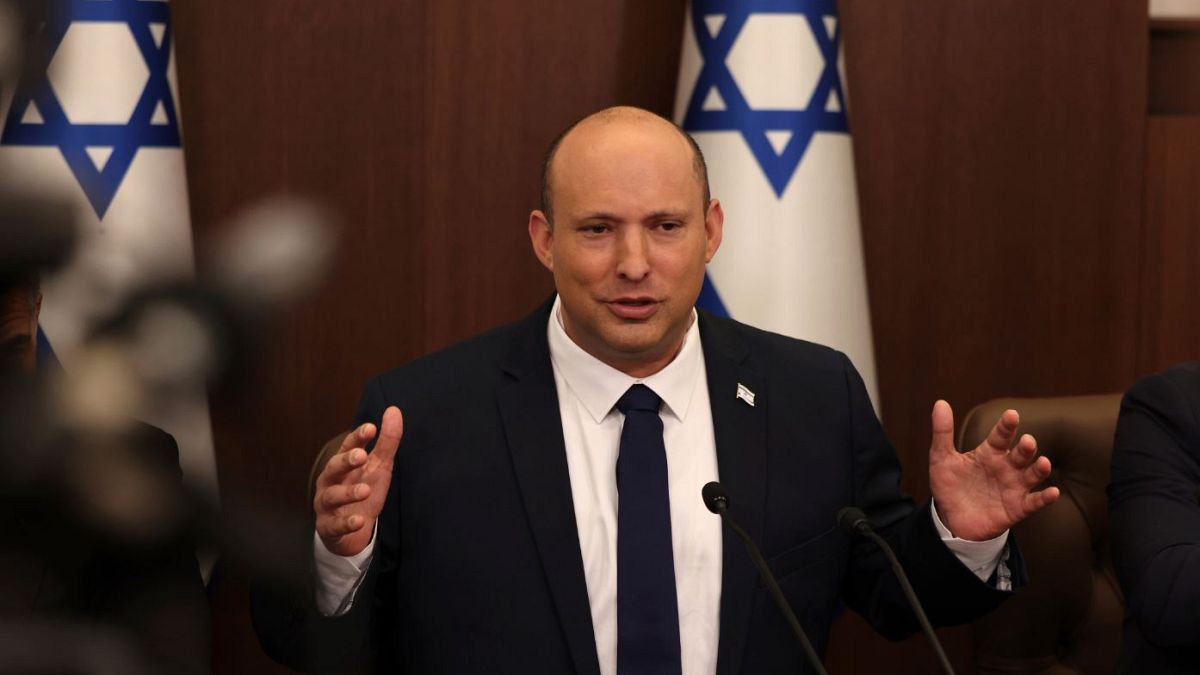Russian Foreign Minister Sergey Lavrov had sparked an outcry by stating that Adolf Hitler had "Jewish blood".
Russian President Vladimir Putin has apologised for Moscow's controversial remarks about the Holocaust, according to a statement from Israeli Prime Minister Naftali Bennett's office.
The two leaders spoke over the phone on Thursday, after which Bennett said he had accepted Putin's apology.
Russia's Foreign Minister Sergei Lavrov this week sparked an outcry after stating that Adolf Hitler had "Jewish blood".
Lavrov made the remarks in an interview with Italian TV, arguing that neo-Nazism could still be present in Ukraine even though President Volodymyr Zelenskyy is Jewish.
Israeli Foreign Minister Yair Lapid called Lavrov’s statement “unforgivable and outrageous...as well as a terrible historical error.”
The Russian foreign ministry later retaliated that Israel had been allegedly supporting neo-Nazism in Ukraine.
Bennett -- who has emerged as a potential mediator between Russia and Ukraine -- also condemned Lavrov's comments but said on Thursday that Putin had offered an apology.
“The Prime Minister accepted President Putin’s apology for Lavrov’s remarks and thanked him for clarifying the President’s attitude towards the Jewish people and the memory of the Holocaust,” Bennett’s office said in a statement.
Moscow said the two sides had discussed the "historical memory" of the Holocaust and emphasised the importance of marking the Nazi defeat in World War II on May 9.
On Friday, the Kremlin on Friday declined to say whether Putin had apologised to Bennett, as reported by Israel.
The Kremlin has always stated that it is conducting a "special military operation" in Ukraine to "denazify" the country, evoking Russia’s deeply-rooted narrative of suffering and heroism in World War II.
Israel has tried to maintain ties with Russia despite the invasion of Ukraine, in part because Russia has a large military presence in neighbouring Syria, where Israel routinely strikes suspected Iranian military targets. Israel and Moscow coordinate their actions in Syria to avoid coming into conflict.
Bennett’s office said he and Putin had also discussed plans to evacuate civilians from the besieged Azovstal steel plant in the southern port city of Mariupol.
Putin had “promised to allow the evacuation of civilians, including wounded civilians, through a UN and Red Cross humanitarian corridor," according to Bennett's office.
